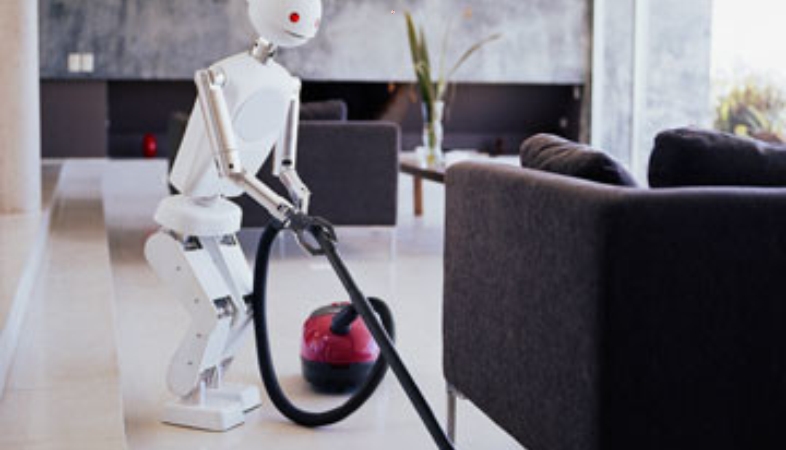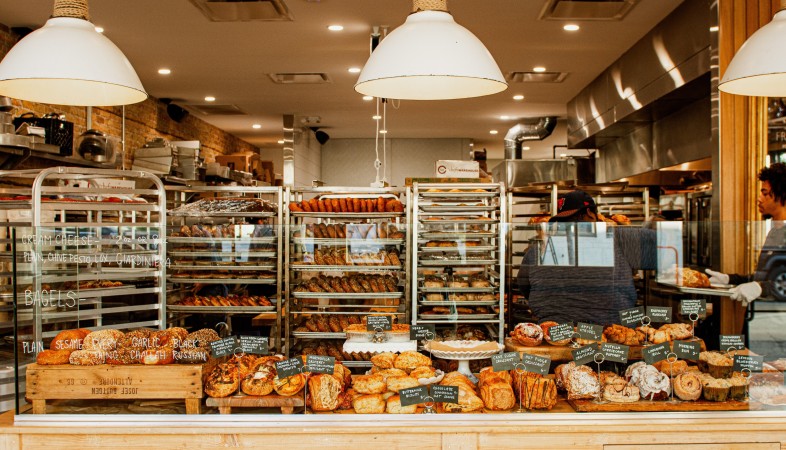Robotic Housekeepers: Revolutionizing Hotel Cleaning Services
Robotic housekeepers are making significant strides in revolutionizing hotel cleaning services.

In the ever-evolving landscape of hospitality, the
integration of technology has reached new heights, with robotic housekeepers
emerging as transformative figures in hotel cleaning services. These autonomous
devices are revolutionizing the traditional housekeeping model, offering
efficiency, precision, and a touch of futuristic luxury.
Robotic housekeepers are equipped with advanced sensors and artificial intelligence, enabling them to navigate through hotel rooms with ease. These devices are designed to perform a range of cleaning tasks, from vacuuming and mopping to sanitizing surfaces, all without human intervention. This not only streamlines the cleaning process but also ensures a consistent and thorough level of cleanliness throughout the hotel.
One of the primary advantages of robotic housekeepers is their ability to operate around the clock. Unlike human staff, these machines don't require breaks or shifts, allowing hotels to maintain a high standard of cleanliness at all times. This continuous cleaning cycle is particularly beneficial in busy hotels with a constant influx of guests, ensuring that rooms are promptly cleaned and ready for new arrivals.
The precision and attention to detail exhibited by robotic housekeepers contribute to an elevated level of hygiene. Equipped with sensors that detect dirt and debris, these devices can focus on specific areas that may require additional cleaning. This targeted approach not only enhances the overall cleanliness of hotel rooms but also contributes to a healthier and more sanitized environment for guests.
Beyond their cleaning capabilities, robotic housekeepers can also enhance the guest experience. Many of these devices are designed with sleek and modern aesthetics, adding a touch of sophistication to the hotel environment. Some models even come equipped with interactive features, allowing guests to request additional amenities or services through the robot's interface.
While the introduction of robotic housekeepers represents a leap forward in hotel cleaning services, it does not necessarily signal the end of human housekeeping staff. Instead, these machines are positioned as valuable complements to human efforts. By automating routine and time-consuming tasks, robotic housekeepers free up human staff to focus on more complex and guest-centric aspects of their roles.
However, challenges exist in the widespread adoption of robotic housekeepers. Initial costs, maintenance requirements, and the need for thorough staff training are factors that hotels must carefully consider. Additionally, striking the right balance between automation and personalized guest services remains a key consideration for hotels integrating this technology into their operations.
In conclusion, robotic housekeepers are making significant strides in revolutionizing hotel cleaning services. Their efficiency, precision, and ability to operate continuously contribute to a heightened standard of cleanliness in the hospitality industry. As technology continues to advance, the integration of robotic housekeepers is likely to become a defining feature of the modern hotel experience, blending innovation with a commitment to providing guests with a clean and welcoming environment.
.png)





























